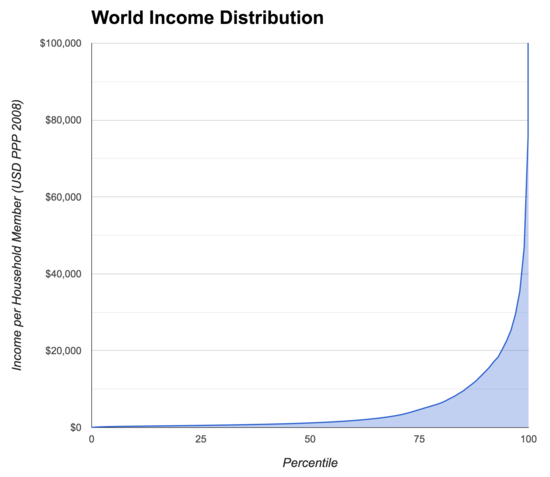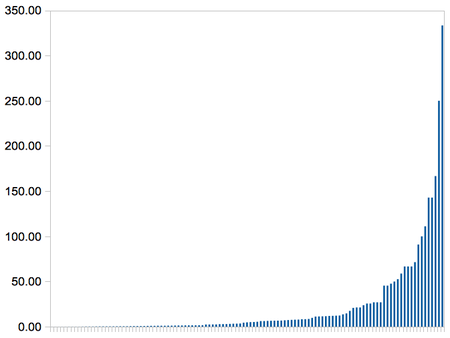Quora Repost: CS/Math@Harvard?
This is an answer to the Quora question "What is it like to be a Mathematics and Computer Science joint concentrator at Harvard?"
If you're not signed up on Quora, though, you can't read it, so I've reproduced the text here, mostly so I can reference it in Some Friendly (College) Advice. If you are a Quora user, here are the links to the original question on Quora, and my answer there.
Harry Lewis once said to me "Flip through the course catalog, write down the 32 courses you most want to take, and then figure out which concentration requires the fewest changes to what you've written down. Then pick that one."
As it turns out, I had many CS courses, several math courses, and was planning to write a thesis (most likely on the math-y edge of CS theory). So CS/Math was a perfect fit. (Math/CS is strictly more required courses, and requires approximately the same writing commitments.) But basically, it feels like I've turned in a piece of paper that convinced the admin that the thing that I was going to do anyway, is well-aligned with their expectations for academic rigor. It's no big deal.The real question, I suppose, is then: "What is it like to study Math and CS at Harvard?"
In general, and in a word, exhausting. Your fellow students are excellent, and if you have a day when you feel like you're not, it can get pretty miserable. It gets better when you realize that everyone is best at some subset of fields, and if you're lucky, you'll find the particular subset that you do well at, and





